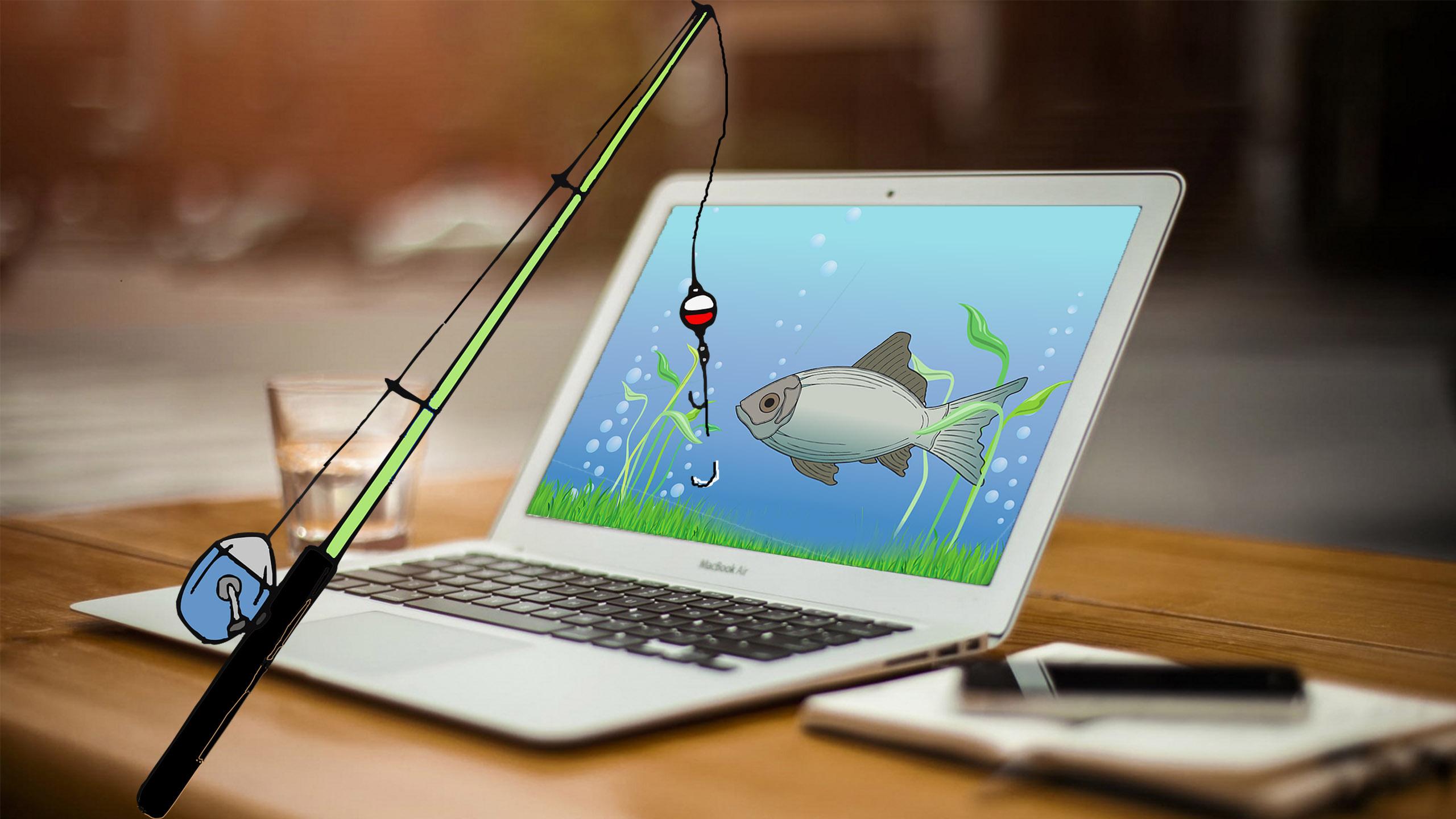By Bianca Bharti
Students in the Faculty of Communication and Design (FCAD) are angry that the email they received regarding free Adobe programs was the latest phishing scam in the school’s cyber security awareness campaign. Now, they’re calling on FCAD to provide them with the software.
The email was sent to Ryerson students over the weekend, and read “We are pleased to announce that all Ryerson students, faculty and staff can now download Adobe Creative Suite for free on your own computers.”
Declan Keogh, a third-year journalism student is unhappy with the phishing email, adding that the software is something students need access to. “Someone decided to send [that email] and troll us basically. It was a pretty blatant form of trickery.”
A conversation about how students can fall prey to phishing emails came up between Brian Lesser, chief information officer of CCS, and another FCAD member, sparking the idea for the phishing emails. “Attackers will play on your need for things,” he said. “Students might need software.”
Lesser, who organized the cybersecurity awareness campaigns—which involves the phishing emails—said the rise in cyberattacks on Ryerson students has steadily increased in the past few years. Sending out an informational email on cybersecurity has minimal impact, according to him.
“It’s a valuable way to train people,” Lesser said. “I get that it can be frustrating, but I’d rather fool you than have you tricked by someone who’s going to upload malware onto your machine.”
However, some students still feel it triggered a contentious issue among FCAD. “I had a feeling it was spam,” said Allison Tubosa, a third-year media production student. “I’m one of those students who can’t afford Adobe so I thought that it was really mean.”
FCAD students have access to the Equipment Distribution Centre which provides production laptops that can be rented out for one day. However, they are in limited supply and school projects can take longer than just a day, said Keogh.
Commuting also plays into it, said Nick Wapachee, a third-year journalism student. If students don’t have class on a given day but have to return their equipment, it becomes a waste of time and waste of money, he said.
“We have been trying to get Adobe to negotiate better terms for students and we will continue to look for ways to make it more accessible,” said Charles Falzon, dean of FCAD, in an email. “At the moment, our licenses agreement only allows it to go on computers that are owned by FCAD.”
On the other hand, FCAD faculty do have access to Adobe software on their private laptops. In a November 2016 post to the FCAD helpdesk website, faculty were alerted to the new licensing agreement.
“If you’re going to market us as the best media school, give us the software and we’ll do wonders,” said Tubosa.
“It doesn’t garner enough attention, people don’t read past the first paragraph. You can’t just send people nice messages and make an impact.”
The idea surrounding the fake emails was to provide real-world simulations of a cyber threat.










Leave a Reply